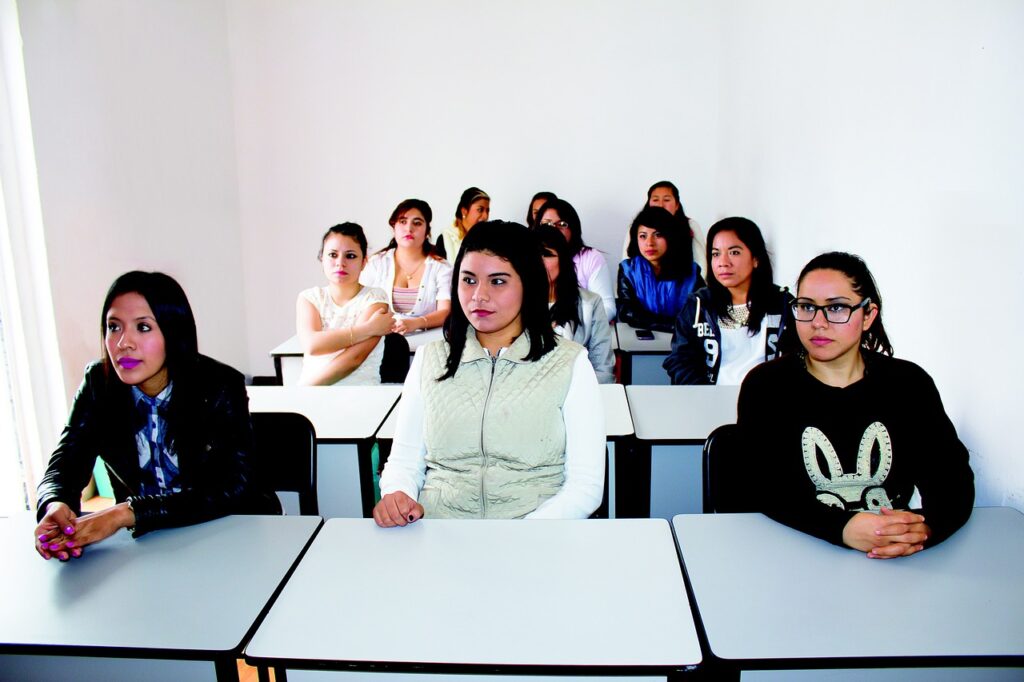
Change Your Life With A German Jobseeker Visa!
WHY MIGRATE TO GERMANY?
- Germany needs over 400,000 skilled foreign workers
- 3 million job openings in 2022
- High pay for highly skilled
- High standard of living
- No IELTS required to immigrate
INTRODUCTION
Germany, the world’s 5th largest economy is searching for skilled migrants. Germany is an economic and cultural powerhouse with welcoming arms to skilled professionals who can contribute to the country. As a middle of research and innovation, Germany offers a various range of opportunities for professionals with the proper background. With a thriving economy and a high standard of living, Germany is one amongst the most effective places to create your life and settle as a family.About Germany
Among the biggest countries in Europe, Germany is among the highest destinations for skilled workers from everywhere the globe. a significant economic force, Germany could be a top place to measure and work. Berlin is that the capital of Germany. In terms of area, Berlin is ninefold larger in comparison to Paris. Prominent cities in Germany –- Munich
- Hamburg
- Essen
- Leipzig
- Cologne
- Berlin
- Dortmund
- Stuttgart
- Dusseldorf
- Frankfurt am Main
- Dortmund
WHY IMMIGRATION is vital TO GERMANY
- Migrants play a crucial role in Germany’s social and economic development
- The growing need for skilled workers has brought increasingly well-qualified migrants to Germany
- Over the past decade, the German government has made significant efforts to assimilate foreigners
- To mitigate the consequences of demographic change, Germany will likely make it easier for high- and semi-skilled immigrants to search out jobs within the country
- All academics with a recognized university degree or one which is comparable a German university degree are entitled to the “EU Blue Card” single residence and working papers. Must earn an annual gross salary of a minimum of 52,000 euros
- Specialists within the fields of mathematics, IT, life sciences and engineering, further as doctors, is also entitled to an EU Blue Card if they earn the identical amount as comparable German workers, but no but 40,560 euros gross p.a.
- EU Blue Cardholders are entitled to a permanent residence permit after 33 months
- The job seeker visa for Germany may be a Long-Term Residency Permit, which allows you to remain within the country for six months and appearance for employment
- Work Permits for Non-EU Nationals:
- General employment
- Specialist professional
- Self-employed
WHY do you have to SETTLE IN GERMANY?
- The great job marketplace for professionals in engineering, IT and manufacturing sectors
- Incredible benefits for residents including free healthcare and education
- German cities are consistently among the ‘World’s Most Liveable Cities’
- Shortage of skilled workers in several sectors, creating opportunities for migrants
- One of the quickest visa decisions during a leading economy, allowing you to plan better
- Great salary, great benefits and access to all or any of EU once you get your visa
- The largest populated country in Western Europe and also the biggest economy in Europe
- Germany is that the 2nd most well liked migration destination within the world, after the u. s.
- In 2021, immigrants are about 12% of the German population
- Germany is an increasingly attractive destination for business immigrants, and also the population is growing because of the increase in migrant activity
- Around 77 which individuals in Germany had employment in 2021 (more than half the country’s total population)
- Wages or salaries in Germany are over in most countries
- Germany needs 400,000 migrants annually
GERMANY IMMIGRATION LEVEL PLAN 2022
Germany introduced a replacement ‘Skilled Immigration Act’ which became effective on March 1, 2020. This Act intends to fill the shortage of skilled workers during this West European nation. It also allows skilled workers to migrate to Germany from any of the non-EU countries. The German government hopes that the Skilled Immigration Act will fulfill workforce market needs and attract, among others, caregivers, workers in IT, and STEM. MOST POPULAR WAYS OF MIGRATING TO GERMANY There are numerous possibilities for Germany’s immigration, such as:- Germany Job Seeker visa
- EU Blue Cards
- Residence permits for workers
- Residence permits for investors
- Family reunions
GERMANY IMMIGRATION THROUGH JOB SEEKER VISA
Germany has one among the world’s most well organised and fastest immigration processes. the simplest thanks to migrate to Germany is thru the duty Seeker Visa. the duty Seeker Visa could be a long-term residence permit that enables you to appear for employment for a period of 6 months. With this visa, you’ll be able to visit Germany and attend interviews, which could be a far better process than applying for employment from abroad. It takes 4-6 months to urge the duty Seeker Visa that the earlier you apply, the higher it’s. Step 1: Apply to Job Seeker Visa and visit Germany to secure employment Step 2: Apply for EU Blue Card from within Germany Step 3: Apply for PR after 5 years working as an employee in Germany Step 4: Apply for the citizenship after completing 5 years as a PR Visa holder in Germany- You must have a minimum 6 months of experience and 15 years of education and also the qualification and university must be H+ as per Anabin.
- Applicants from Mumbai or Delhi region must have 16 years of standard education either 4 years Bachelor’s degree or 3 years Bachelor’s degree with a Master’s degree.
- English proficiency is sufficient to qualify for the visa; however, it’s highly recommended that you simply learn the West Germanic language to survive in Germany.
- You must have sufficient funds for a 6 month stay in Germany.Funds must be maintained from a minimum of 1 month before filing and maintained till the German Immigration Department takes a call.
- Must show accommodation proof for the 6 months duration.
